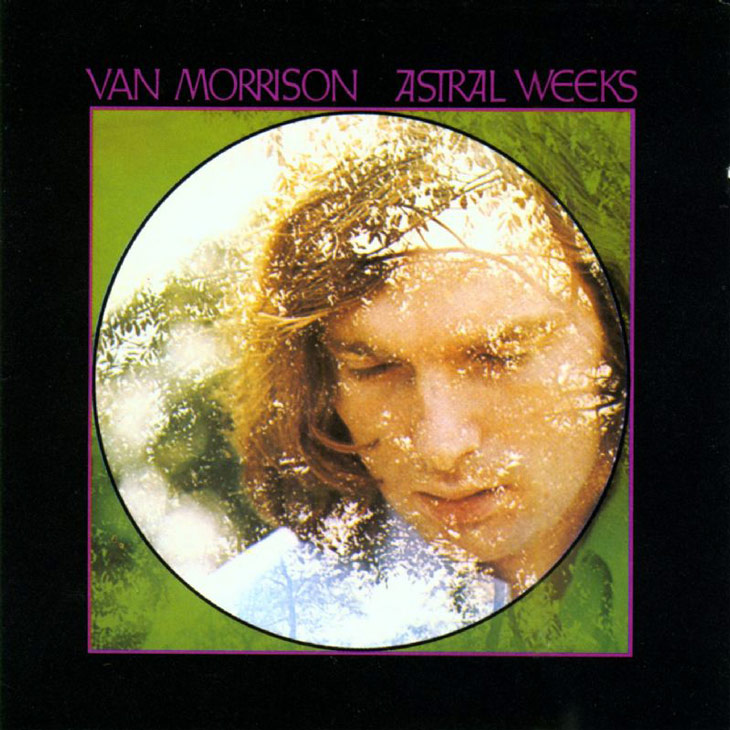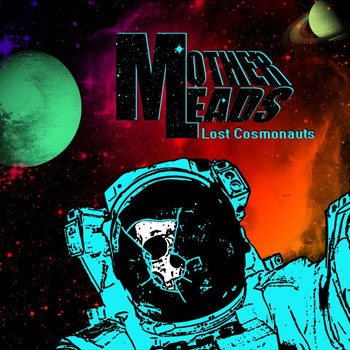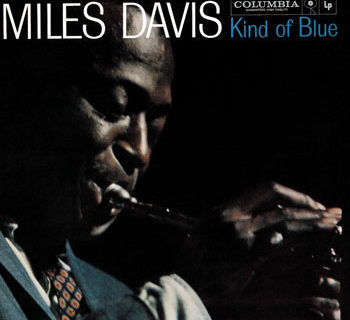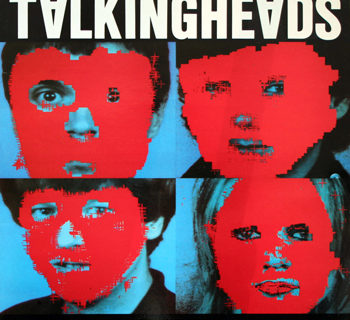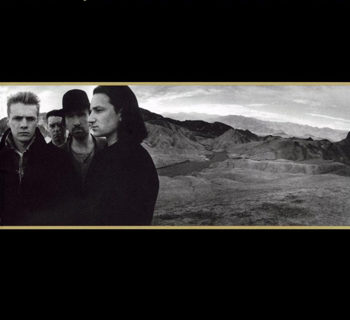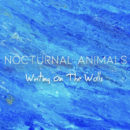Van Morrison Astral Weeks
Let’s talk about Beatrice.
If you’ve read this series with regularity, you’ll note scattered references to a girl I call “Beatrice.” This is a reference to Dante’s great unrequited love that underpins the entire Divine Comedy. It’s an apt metaphor, as my feelings are often ineffable, distant, and unattainable, much like Dante’s love, which was never consummated, or returned by her.
My feelings for her have never made sense to me; I don’t have a reasonable explanation other than the ineffability of divine providence, or whatever you want to call it. It sits deep in my metaphysical gut, in the slipstreams of dreams and reality, where everything and nothing exist at once—a place where truth is fixed and unreal.
That’s how I feel about Van Morrison’s 1968 album Astral Weeks.
The moment I heard it all the way through, it was love. Van Morrison and his band play extended jams on lyrical ideas, with no intentional direction other than a few chordal guides and melodic ideas. On paper, it’s nothing particularly special, just a jazzy, folk rock record focused on life and love by a guy whose vocals are nominally better than Bob Dylan’s by a fraction.
But that second where I fell into the title track, and then drifted into the album’s second, “Beside You”—where the rhythm of Morrison’s voice is pure instinct, weaving on a cosmic river of exhalation—it felt right. I had no psychological motivation or tangible musical reason to adore it; it just hit deep, punctured my usual reserved attitude, and grabbed me by the throat.
From the moment the album starts, I’m on a journey with Mr. Morrison, we move through mundanity and spiritual ecstasy in a way that bypasses the rational.
Everything flows on a melodic river, with the guitars, drums and that sweet double bass moving to an internal slipstream that swells and dwindles at just the right time. It moves with the grace of a ballerina, through midnight swirls; and the earthy quality to Morrison’s vocals seals the deal. From the gentle sweetness of “Cypress Avenue” to the epic “Madame George,” everything builds and sways beautifully.
That’s how I feel about Beatrice. It doesn’t make sense to me why I feel that way, and I’ve tried to explain it; there is no logical motivation, no reason. But when I think about her, as Dante would the actual Beatrice, I feel warm, genuine, and real. I don’t have to work the feeling out; I don’t have to justify it. It just is. It’s a slipstream of pure feeling. And through it, I perceive the world.
So, as with my love of Astral Weeks, I trust it.
Until she finds me.

